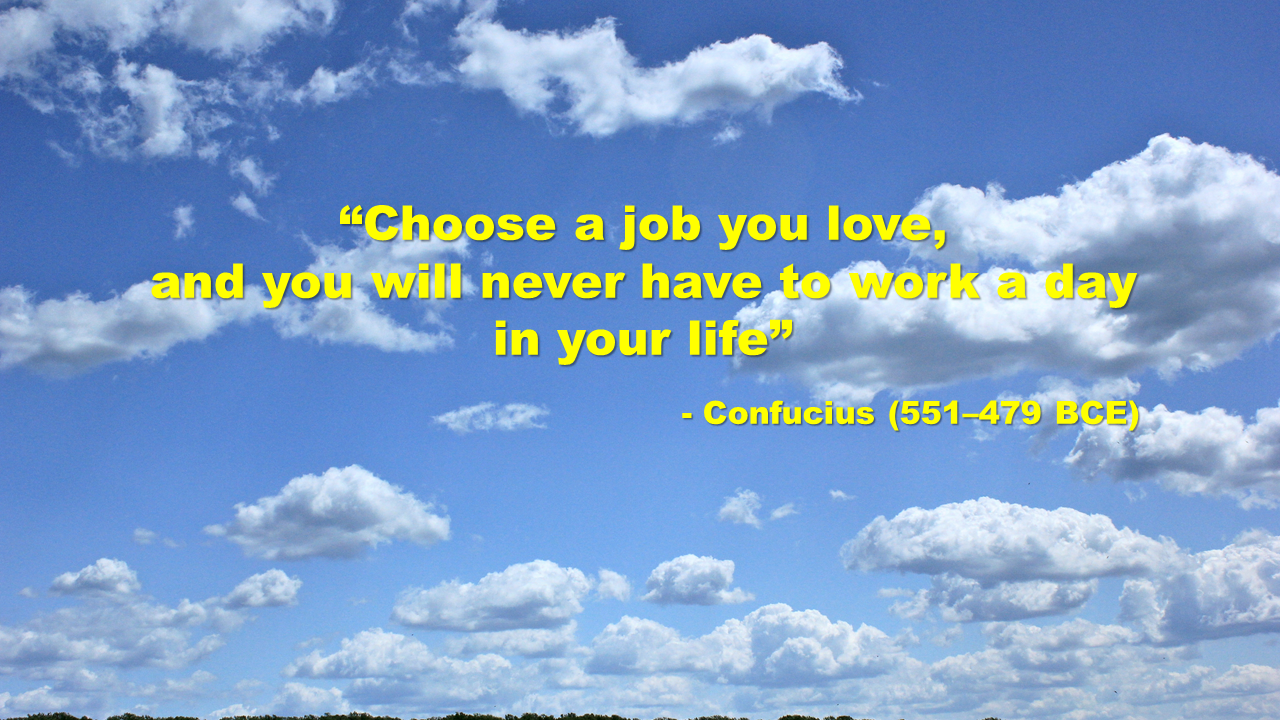When we start our tertiary education or graduate from a university, our usual aim is to secure a job. To most of us, that job becomes a lifelong career. But can we always say that we are doing what we enjoy doing?
An overwhelming majority of us work in a single track, such as an engineer, a doctor, a journalist, a teacher, a lawyer, a horticulturist, a veterinary surgeon, or whatever. The tasks related to the job slowly but surely take up all our time and effort to the point that we give up all our pleasure-seeking endeavors, such as reading, writing, or socializing with friends and family. Then someday, we lose contact with everything that keeps us rejuvenated, but the job, whether we enjoy it or not.
Let us assume that there are some tasks in the job that you enjoy, while there are many others which you don’t. If you can identify the tasks that you enjoy and find a way of continuing those outside your work domain, that will increase your job’s return. I can hear you asking, “How?”
I will give you an example. Suppose you are an HR person and, as a part of your routine tasks, you get to review hundreds of CVs every week. You know why and how candidates stand out and where they fail to make a mark. Why not volunteer at a university student counseling center and mentor students and fresh graduates on presenting their CVs. You won’t gain anything financially, but only the pleasure of helping others, which is no less satisfying. The joy of giving something to society can sometimes be much more enjoyable than financial gains. At the same time, you will hone your skills in assessing CVs and interviewing candidates, which will make you more efficient in the job you do. You see the point!

You can also bring your long-cherished hobbies to the workplace to make the job more fun. If you are an avid chess player or a photography enthusiast, form an informal group at your workplace with your peers having similar interests. Arrange games or photography trips. It will increase your professional network, improve your management and coordination skills, and make you more visible to the management. It’s all good for your career. Right?
Long-term Benefits
There are other long-term benefits as well. The job market is changing faster than ever, and such a trend will continue in the future. Are you preparing yourself for such a fast-changing environment? One key element of being adaptable to ever-changing circumstances is growing a network as vast as possible and learning skills as diverse as manageable. The examples above will help you in achieving both. From a volunteer CV writing counselor, you might someday become a top-notch career coach. People might invite you to speak to large career events or even coach senior managers of a leading corporate house. From a casual photography enthusiast, you might become a celebrity photographer for the likes of National Geographic. World-renowned magazines might clamor to showcase your work.
You never know how the future might turn out. Every renowned career counselor or celebrity photographer was one day just like you. The most important thing they did was to improve their skills persistently. If you enjoy something, find ways of doing it at or outside work. Let your passion guide you. Hone your skills. Someday you might have a career of your own choice that you will not just enjoy but also be passionate about. Work, career, passion, everything will merge into one.
Can it be any better!


